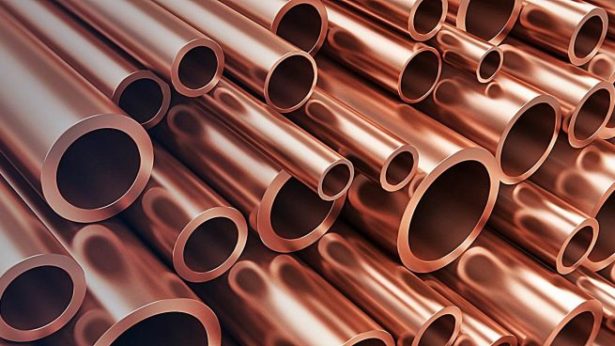There is a lot of demand for the nickel copper alloy which is mainly used for marine application. The reason behind using the nickel copper alloy in such cases is because the alloy is highly resistant to marine water corrosion. These alloys continue to provide an effective solution for all kinds of technological challenges today. When nickel is added to copper it can improve its strength and resistance power to corrosion. At the same time, the alloy continues to be ductile. You can even add other materials to such alloys to enhance its robustness, corrosion-resistance, castability and weldability. Like the nickel copper alloy, the PVC wire is another product which is becoming popular for wiring for safety reasons.
 What is the PVC wire used for?
What is the PVC wire used for?
PVC or polyvinyl chloride refers to a thermoplastic resin. This may be softened through application of heat. These wires are produced by polymerization. The PVC wires are not only tough; they are also resistant to weathering and abrasion. They have reasonably high mechanical strength. These benefits make the PVC wires suitable for outdoor uses and for products which need a longer shelf life. Besides, the PVC wires is also widely used for insulating cables. Since it is resistant to fire and easy to work with, it is used for cables. It will not conduct any electricity making it perfectly suitable for electrical applications like cable or wire insulation.
Out of the nickel copper alloys in the market, the most common one is the variety which has 10% nickel and 90% copper. This has found use in commercial shipping and naval purposes, offshore gas and oil production and in power generation and desalination. The alloys having 30% nickel content and which have chromium or aluminum or tin are used in places where a high resistance to sand abrasion, seawater flow etc is needed.
Why is the nickel copper alloy useful?
This alloy will be able to guarantee excellent resilience to rusting. This is especially useful in the case of marine applications which are continuously exposed to sea water. Any alloy which has a high copper content will also offer good ductility, higher tensile strength, better resistance to corrosion etc. When nickel is added there is a greater advantage in terms of added strength and also endurance to high temperatures.
The nickel copper alloy having 45% nickel is usually used for making resistance wires in the high precision resistors. It may also be used for thermo-coupling. Allows with 90:10 ratio and 70:30 ration have higher resistance to sea water. This is why these types are primarily used in condenser systems and desalination plants. The 90”10 alloy in particular does not need surface protection and therefore finds use in making vehicle brakes. They are also used for hydraulic suspension systems and cooling systems in vehicles.
So, to sum up, the nickel copper alloy has many benefits to offer for both electrical and manufacturing industries. The wires have been layered with nickel plating. Apart from being highly resistant to corrosion, these wires also have attractive mechanical properties.